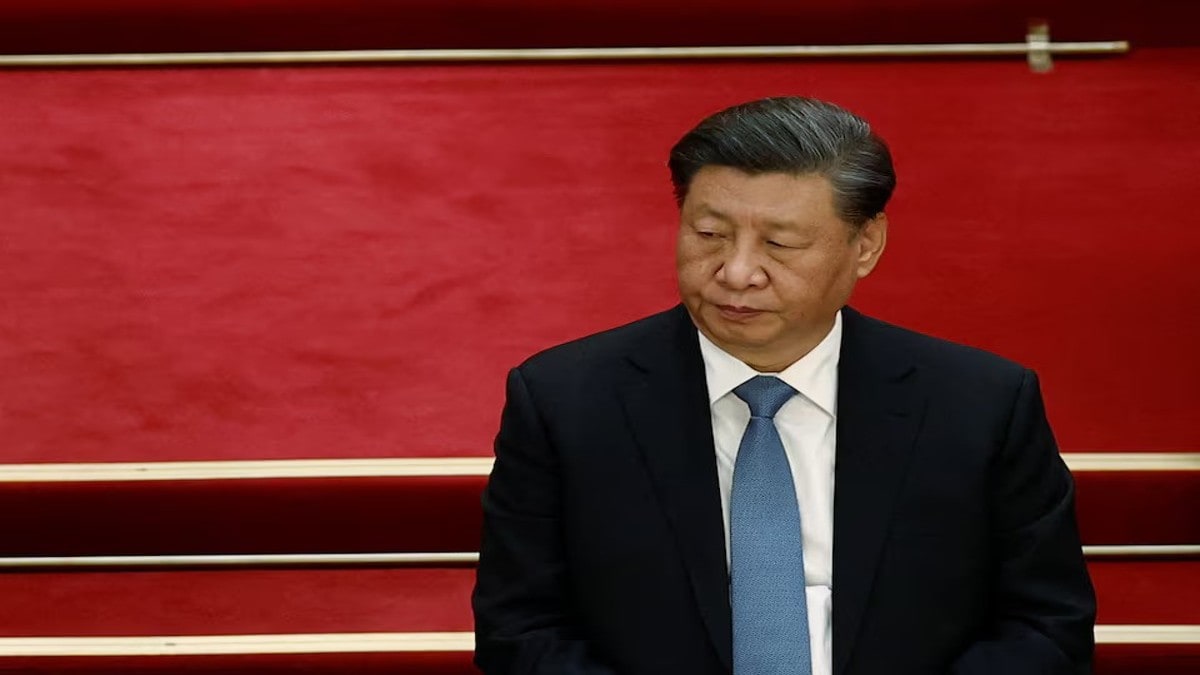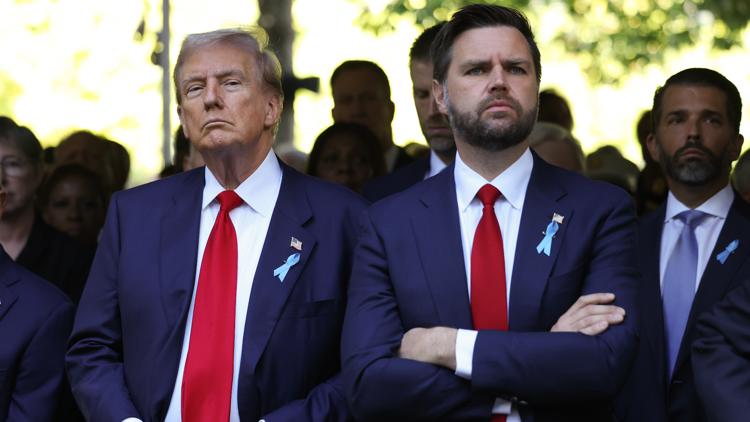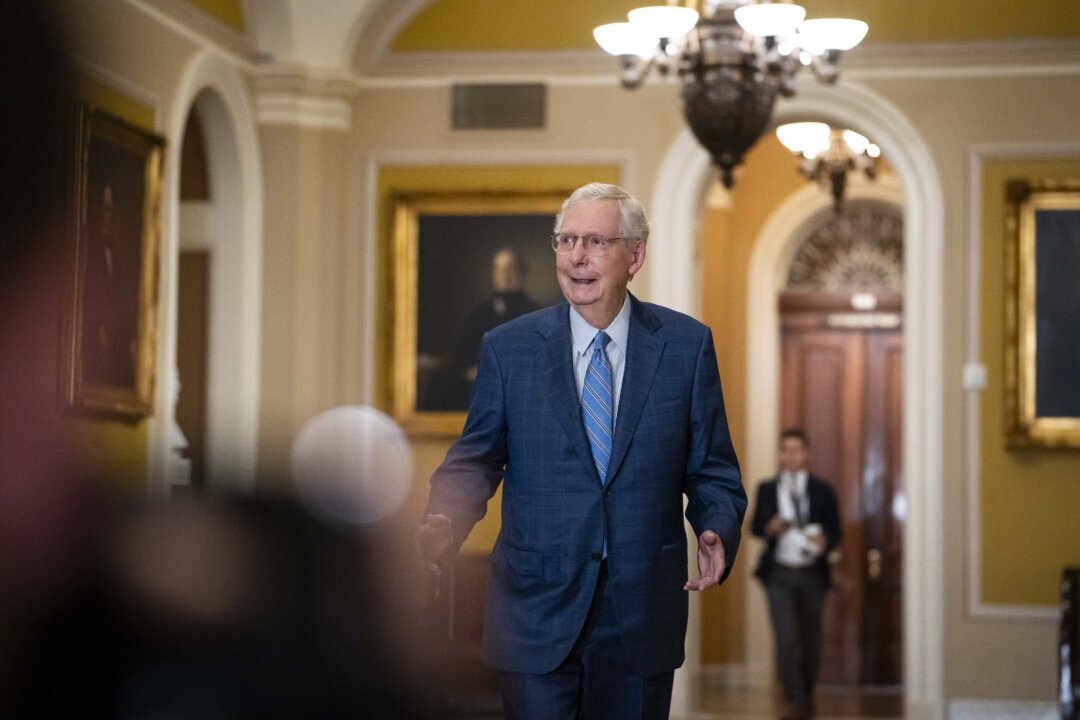
When JRR Tolkien was asked how he wrote his fantasy novel, The Lord of the Rings , which took 12 years to complete, he responded saying he “started with a map and made the story fit”. Chinese President Xi Jinping, too, would have made a similar claim when he inaugurated the Belt and Road Initiative (BRI) during his visit to Kazakhstan in 2013. He saw the BRI as a “bigger and grander” version of America’s Marshall Plan, which helped rebuild Europe after World War II.
With the BRI, touted by Xi as the “project of the century”, as it sought to link two-thirds of the global population, the Chinese President believed he would lay the foundation of the Chinese world order, marking the end of Pax Americana. A decade later, Xi’s BRI dream seems to have gone sour. Far from ushering in an era of global prosperity flowing out of the barrel of a Chinese gun, one has seen nations faltering economically after joining the Chinese club.
It took a decade for the world to realise that the BRI, instead of being an aid and development programme, was a loan scheme with hidden, exorbitant charges. China’s BRI initiative has put countries like Sri Lanka, Laos, and Pakistan on the path of economic disaster. The case study of Sri Lanka is apt to understand the BRI saga.
The island nation, after all, is the only Indian Ocean country so far to hand over an important asset after failing to repay Chinese loans. Interestingly, Sri Lanka, which was among the earliest supporters of the BRI, has been one of the first victims of the BRI debt trap too: Colombo has been forced to cede a strategic foothold to China at Hambantota, a port on the southern coast of Sri Lanka that China constructed under the BRI scheme. The Hambantota port failed to generate any substantial revenue.
No wonder Sri Lanka defaulted on the loan, and in 2017, the then Prime Minister, Ranil Wickremesinghe, had to visit Beijing to resolve the issue. The visit led to the formation of the Hambantota International Port Group (HIPG), in which China Merchant Ports, a Chinese-controlled company, bought an 85 per cent stake. This Hong Kong-based firm was awarded the right to operate and develop the port for 99 years.
Thus, Beijing, through a private proxy, gained control over the Hambantota port till 2116 at least. The Sri Lankan government has repeatedly tried to assure, especially the Indian side, about the Hambantota deal being solely for commercial use and that no Chinese naval vessel will be permitted to use it as a base. However, as Australian defence expert David Brewster believes, “China’s influence will one day reach a point where the Sri Lankan government simply cannot say no”.
As the true, predatory nature of the BRI is becoming obvious, two broad trends have emerged: Of countries either refusing to hop on to the BRI bandwagon or those who had joined it with much fanfare lining up to leave the grouping altogether. As recently as last week, Brazil became the second BRICS country, after India, to decide against joining the BRI. Earlier in December 2023, Italy, the only G7 country to have signed for BRI, also withdrew from China’s ambitious infrastructure initiative.
Many African and Latin American nations are already up in arms against the growing debt-trap scenarios within their respective territories. One major reason for the BRI faltering so badly is that China itself—the very financial fountainhead of the project—is amidst an unprecedented economic crisis. China’s real estate is in serious trouble.
American journalist Linette Lopez exposed the rot in the real estate sector when he wrote for Business Insider (October 15, 2023), saying: “China has a population of 1.4 billion, but it has built housing for a population of 3 billion, according to expert estimates. Many of the mega-developments became empty monuments of Beijing’s insatiable desire for growth.
In Shenyang, farmers have taken over a development of empty mansions for cattle grazing.” Author Bertil Lintner, in his recent book, The End of the Chinese Century? , called the BRI “a recipe for financial disaster". He writes, “.
..most of the countries that are supposed to benefit from the BRI schemes are not in a position to repay the loans they have been compelled to take from those banks, which has led to what is termed a ‘debt trap’ situation.
China has bartered unpaid loans for equity—as has been the case in Sri Lanka and Laos, for instance—and thus gained considerable economic and, therefore, also political influence in those countries. But loans that cannot be repaid mean billions of dollars have been flowing out of China. Much of that money is not coming back, and whatever equity the Chinese government has gained in exchange for non-performing loans cannot compensate for the losses in terms of hard currency.
” A major weakness in the actual implementation of Xi’s BRI, Lintner writes, is that “there is no central governmental body that oversees the projects, and it is not clear which ministry or ministries are responsible for them”. He quotes Yuen Yuen Ang, a professor of political science at the Centre for Chinese Studies at Michigan University, as saying that the BRI is “looking frenzied and chaotic” because it is typically Chinese “where the central government often issues broad directives and expects lower-ranking officials to figure out how to fulfil them”. In the BRI, Yuen writes, “Everyone pitches in with frenzied enthusiasm and little coordination.
.. Top officials still haven’t defined what constitutes a BRI project or who qualifies as a participant in the initiative.
As a result, every investment project, whether public or private, profit-making or money-losing, honest or dishonest, claims to be part of the bandwagon”. Today, as the Chinese economy is losing steam, its real estate is in a mess, and the BRI, sometimes referred to as the ‘New Silk Road’, is faltering, Beijing is in a desperate situation, with many China watchers, including Bertil Lintner, hinting at the end of the Chinese century. The problem is intrinsically rooted in the very nature of communist ethos, governance, and economy.
As Xiang Songzou, a professor of economics at the People’s University in Beijing and erstwhile deputy director of the People’s Bank of China, stated in his 2019 article in AsiaNews : “Basically China’s economy is all built on speculation, and everything is over-leveraged.” As James Palmer puts it quite succinctly, “Nobody knows anything about China: Including the Chinese government.” Dikotter explains this in China after Mao: The Rise of a Superpower : “Every piece of information is unreliable, partial, or distorted.
We do not know the true size of the economy, since no local government will report accurate numbers, and we do not know the extent of bad loans, since the banks conceal these. Every good researcher has the Socratic paradox in mind: I know what I don’t know. But where China is concerned, we don’t even know what we don’t know.
” China has become a victim of its own hype, and its pet project, the BRI, is a victim of a myth. A myth that an ancient route, called the Silk Road, traversed from China to Europe, carrying a vast amount of goods for trade and commerce. Xi, in his endeavour to come up with an alternative to Pax Americana, invoked the ancient Silk Road to recreate a modern version of it.
But then the ancient Silk Road was a figment of imagination. There was no such road connecting China with Europe. An idea born out of myth is often doomed to end up being a myth too.
That’s the destiny of the BRI—a project born out of a map is doomed to remain on the map. And that’s good news for the democratic world, especially India. (This is Part 2 of the ‘China: Myth Vs Reality’ series.
The next article will talk about the myth of the Silk Road, used by Xi Jinping to promote the dubious Belt and Road Initiative.) Views expressed in the above piece are personal and solely those of the author. They do not necessarily reflect Firstpost’s views.
.














